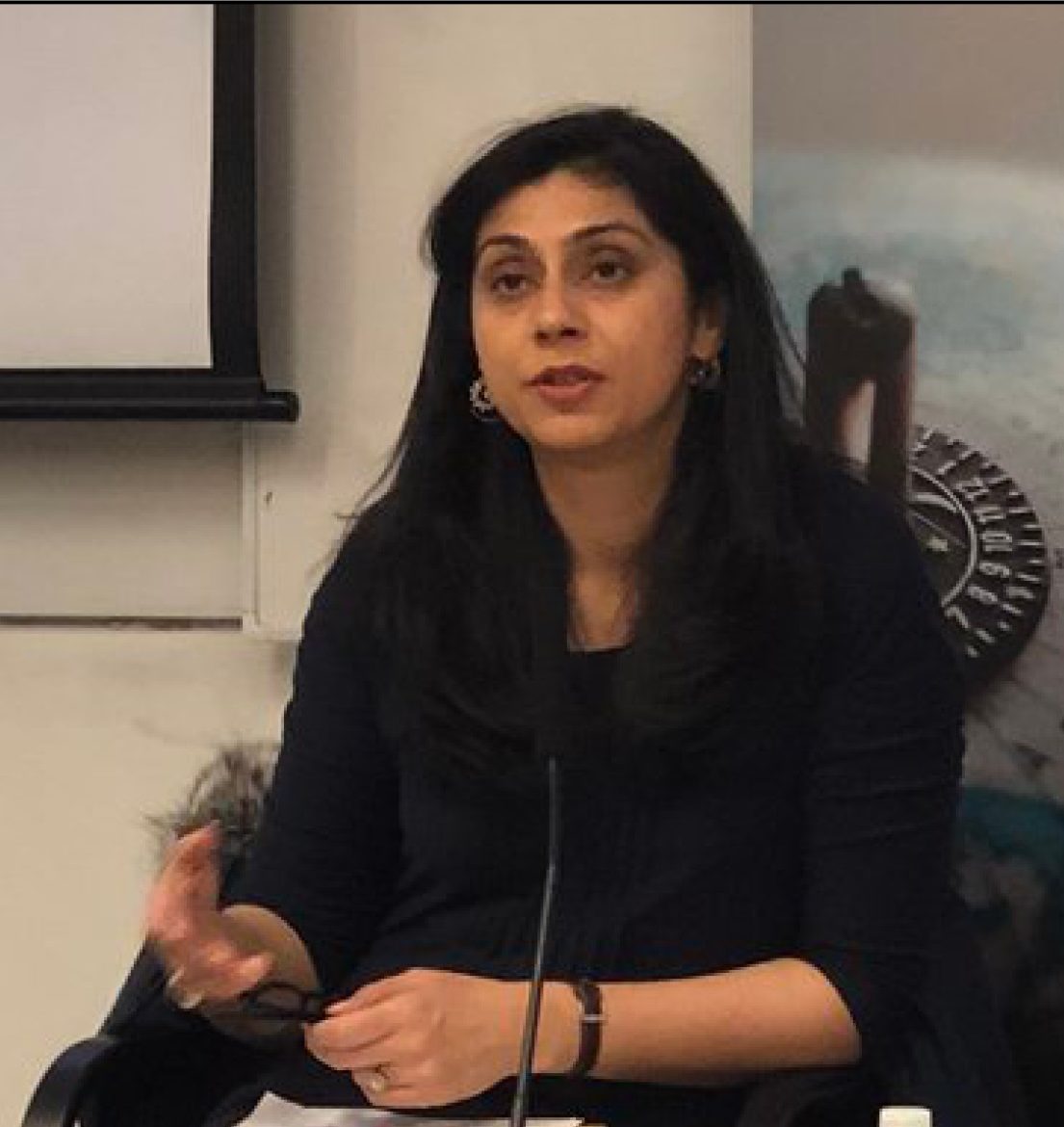The debate on Pakistan’s Army and its role in addressing the mainstream security challenges has become one of the essential features of international intellectual communities. The academic communities’ circles from diverse backgrounds have varying opinions on the Army’s role in Pakistan. The book under review provides a comprehensive account of the army’s sacrifices and their contribution to restoring peace in the country while critically evaluating Pakistan’s civil-military equation. Maria Rashid, the author of the book, attempts to portray a different picture of the Army’s influential role in the country where a rift in civil-military relations has been recognized as a permanent feature in domestic politics. The author is a psychologist having expertise in violence against women, and children. As a daughter of an army man, Maria Rashid tries to present her way of looking to the military’s sacrifices for securing the nation from a combination of internal and external security threats. The author’s critical lens view the military sacrifices as a primary source of politics, which enhances the notion of the armed forces in Pakistan. The author’s analysis revolves around the idea of martyrdom by explaining the value of a martyr in society. Her main arguments contain various imageries of a soldier’s life, his passion, and spirit for serving the nation with pride and courage. According to Rashid, the combination of personal, social, and professional commitments of a soldier creates an uncompromising value of patriotism in the Army.

The book is divided into nine chapters, and every chapter covers a different dimension of the main debate, which starts from a national military commemorative ceremony, the 2015 Youm-e-Difah (YeD; Defense Day). The writer attended the event comprising a couple of thousand people, mainly belonging to soldiers who had died (p.01). The case study for examining the study’s central argument is selected by the villagers of Chakwal, a district of Punjab. As a key recruitment area for the British Indian Army and the Pakistan Armed Forces, the people of Chakwal glorify the concept of the military job as Pakki Naukri (secure government service). The objective of securing a regular job in the vital government institution is directly linked to the level of poverty in the village society, according to the writer (p. 55). In the starting pages, Rashid shares her fieldwork experiences when she intentionally became a local teacher to develop familiarity with the families of soldiers in the villages of Chakwal. In addition to explaining different sentiments of pre-job and post-job feelings of a soldier and his family, the writer conducted various interviews of military personals of different ranks. The quest for developing a solid argument based on empirical data led the writer towards various military institutions, and she attended multiple events of the Pakistan Army. Moreover, she starts the debate from a positively appreciable explanation of the military in the nation’s various literary and societal segments.
The book’s main story explains various phases of the Pakistan Army for treating a sacrificed soldier and his family with respect, Rashid’s study is full of sentimental analysis based on the feelings of different family members of a martyr. The series of events covering different aspects of a martyr’s life mainly consists of his personal life, social experiences, and professional achievements, deeply rooted in the patriotic spirits. In addition to highlighting some parts of military training, the author endeavors to explain the social recognition and public appreciation of a soldier’s duty. The job of a soldier creates an army man who is different from an ordinary citizen. This factor further separates the normal concept of death from the notion of death in the service of a nation (p. 113). In continuation of the Army’s role in nation-building, a soldier’s life primarily creates an unbreakable bond between the nation and the military in Pakistan. Furthermore, the country’s ideological foundations add religious validations to the role of the armed forces because the ideological explanations to the mainstream military campaigns reflect the national elegancy of a soldier’s life. No doubt, the rift in civil-military relations has raised different arguments on the Army’s role in specific civilian affairs. However, the whole nation is united in respecting the sacrifices of Pakistan’s armed forces in protecting the nation’s national integrity and sovereignty. The element of respect to the military’s role in addressing Pakistan’s security challenges has been augmented across the country in the post-9/11 environment. Islamabad’s decision to join the US-led war on terror further glorified the Army’s role due to the high ratio of its sacrifices in creating a terror-free Pakistan.
An exceptional narration of Youm-e-Shuhada (Martyr’s Memorial) provides a glimpse of military ceremonies and their significance. Due to widespread recognition of the pride inherited in the act of a sacrifice for the motherland, a soldier’s job is considered to be a highly respectable profession in society. According to the author, the involvement of sentimental attachment to the belief of eternal life further advances an army man’s patriotic spirit. In short, the writer calls her book an academic investigation of an indubitable relationship between the military as an institution and the soldiers’ families. Rashid’s less academic and more informal way of explaining various aspects of patriotism in a soldier’s life starts and ends with poems of the Israeli and British poets. The journalistically academic, analytically critical, and rationally balanced arguments make it an exceptional study maintained on an aversely appreciating approach. This approach helped the writer analyze the military’s role and its martyr in society from a different angle. It is an appropriate reading to understand the societal formulation of civil-military relations and the role of military sacrifices in the Pakistani nation. The academic communities working on various dimensions of South Asian politics, Pakistan’s society, and the role of religion in politics can find it to be an updated account of examining Pakistan’s civil-military equation. Additionally, the book’s ideas revolve around the case of Pakistan parallel to elucidating the phenomenon of militarism in the world and its relevance to different states.





